Shoemaker without shoes, stove without stove
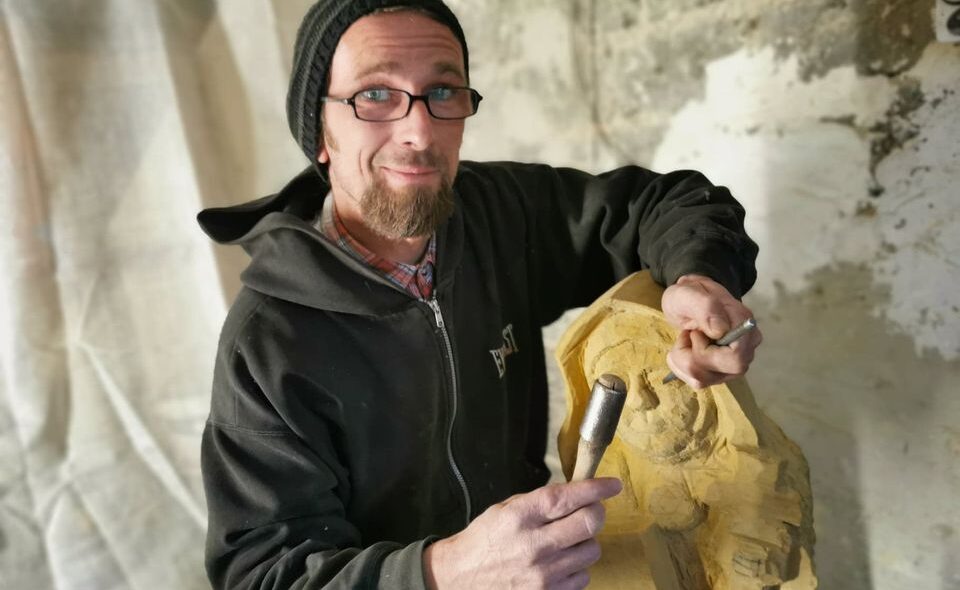
A man of many talents - he builds stoves and fireplaces, carves in stone and wood, paints on glass, designs and makes furniture. He teaches others and promotes folk arts and crafts where he can. Although he has already won many awards and titles he still does not lack humility.
Radosne Zapusty w Instytucie
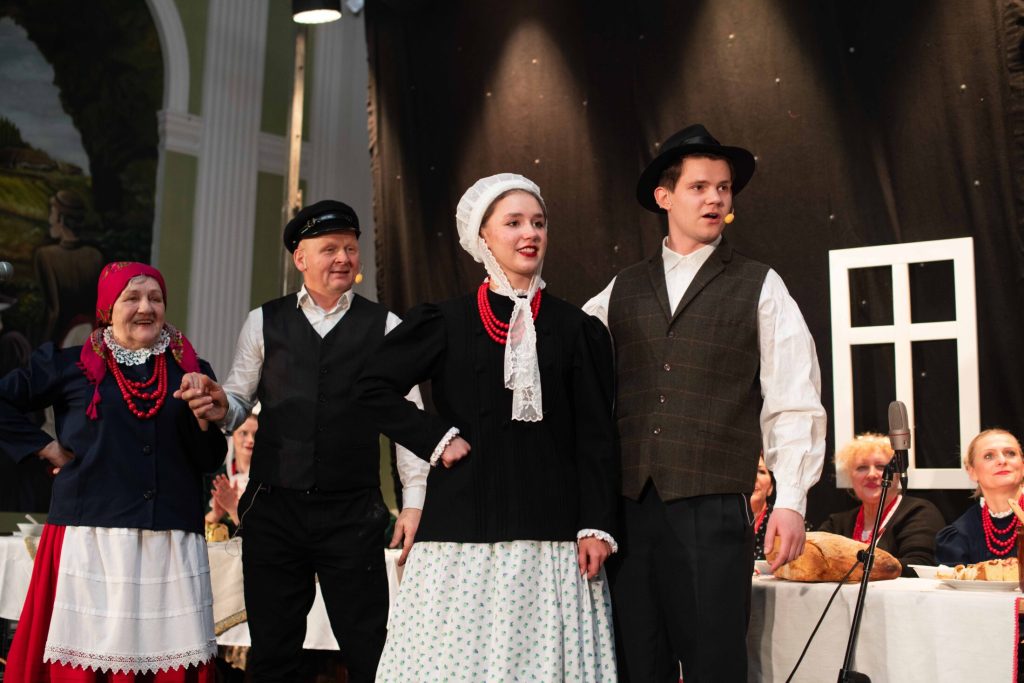
W ostatnią sobotę karnawału, w Narodowym Instytucie Kultury i Dziedzictwa Wsi odbył się zapustny wieczór z potańcówką, który rozpoczęto prezentacją dwóch spektakli obrzędowych wprowadzających zgromadzonych gości w klimat dawnego świętowania.
Kolodziej - cart manufacturing specialist
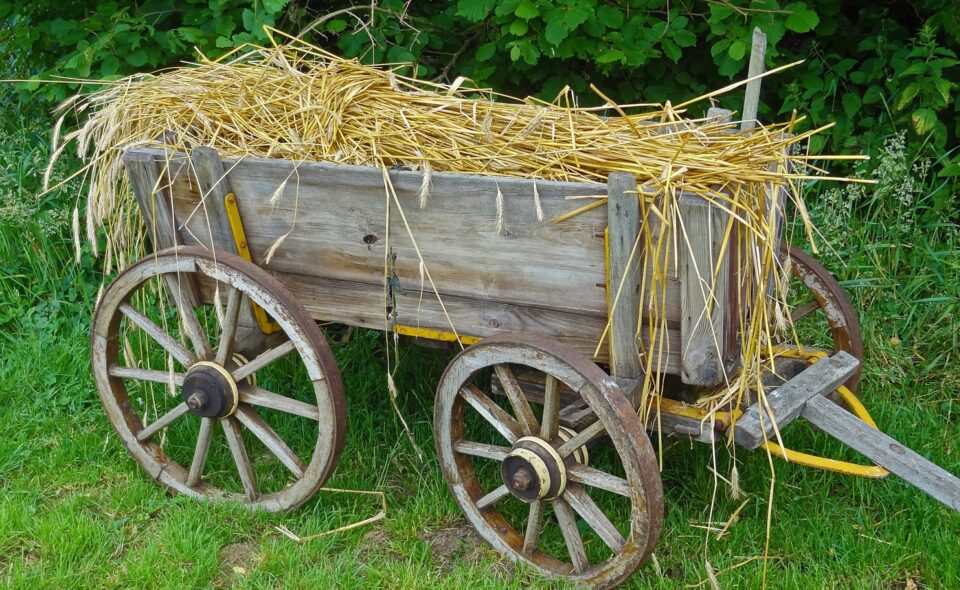
What would a village be without carts, chaises or wheelbarrows? All these vehicles were cared for by wheelwrights, craftsmen who made and repaired them. Their work required extensive knowledge, great skill and a workshop composed of many specialized tools.
Blacksmithing trade past and present
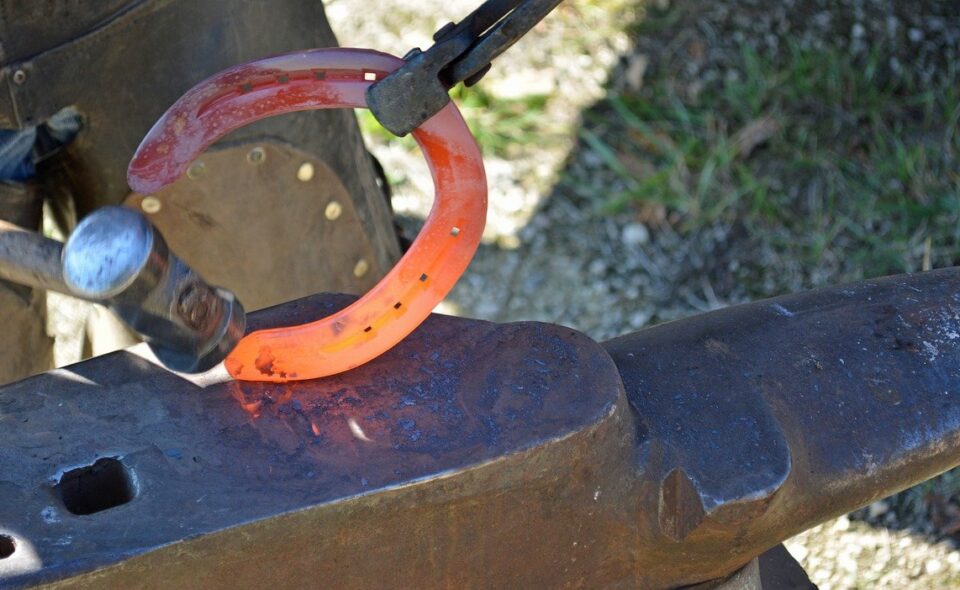
It is no coincidence that the most popular surname in Poland is "Kowalski." For many centuries blacksmiths were practically in every village, town, castle or at the nobleman's manor, and their work was essential to the life of the community. Blacksmiths produced ploughshares, nails, axes, chains and other iron tools and objects. Blacksmiths were best known for making horseshoes and shoeing horses.
Barrels, bulbs, bales - the result of a cooper's work

The first cooper's products were known in Poland as early as the 3rd to 5th century. They were used on the farm for storing food, washing or when eating meals. They were used by merchants to transport goods, they were used by brewers, tanners and miners. One simply could not do without them....
Golinska snutka - folk embroidery from Wielkopolska region
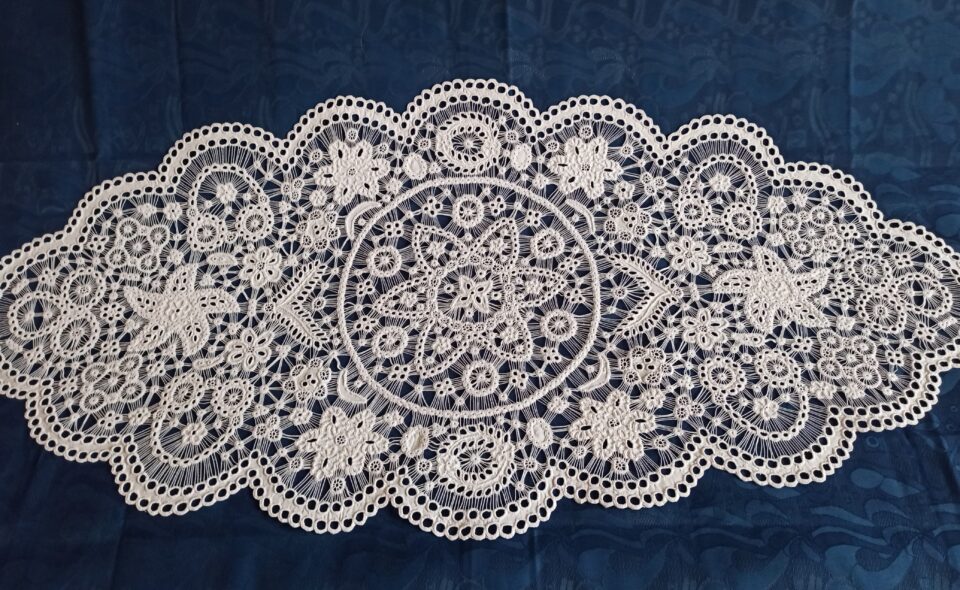
Golinskaya spun is a type of folk embroidery, with distinctive openwork motifs, created and developing probably from the mid-19th century throughout Greater Poland, Its name comes from the way it is made, or more precisely from the most important activity during the work, namely, spinning.
Rękawice furmańskie tkane przez Czarnych Górali na krajowej liście UNESCO!

Decyzją Ministra Kultury i Dziedzictwa Narodowego 26 października 2022 r. „Tkanie rękawic furmańskich przez Czarnych Górali” zostało wpisane na Krajową Listę niematerialnego dziedzictwa kulturowego UNESCO. Inicjatorami wpisu była grupa entuzjastów dziedzictwa skupiona wokół Towarzystwa Miłośników Piwnicznej.
Polskie tradycje flisackie na liście UNESCO
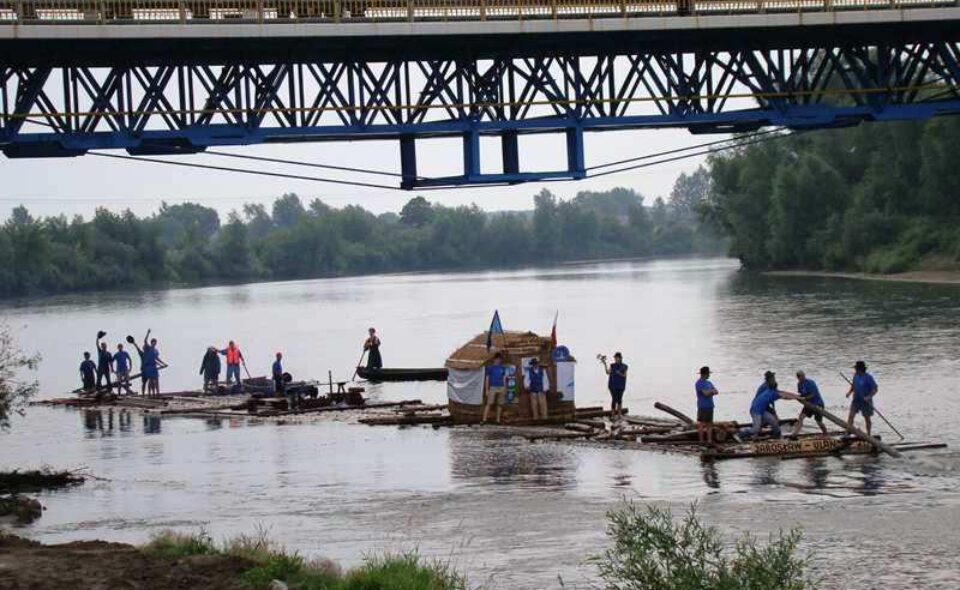
Polskie tradycje flisackie zostały wpisane na Reprezentatywną Listę Niematerialnego Dziedzictwa Ludzkości UNESCO. Obok polskich, uhonorowano również tradycje flisackie z Czech, Austrii, Łotwy i Hiszpanii. Decyzja o wpisie zapadła na siedemnastej sesji Międzyrządowego Komitetu ds. Ochrony Niematerialnego Dziedzictwa Kulturowego w Rabacie w dniach 28 listopada – 3 grudnia 2022 r.
Multimedia
Bohaterowie Etnoekipy Mistrz-Uczeń Twórcy ludowi
University of the Third Age
THE OLD TOWN UNIVERSITY OF THE THIRD AGE IM. MARIA SKŁODOWSKA-CURIE Secretariat of the Old Town University of the Third Age open from Monday to Friday from 11:00 am to 1:00 pm (except Wednesdays) tel. 511 543 280 sekretariat.sutw@nikidw.edu.pl The National Institute of Culture and Rural Heritage 66 Krakowskie Przedmieście Street, 00-322 Warsaw Dear All, We would like to inform you that the registration for the second semester of the academic year 2024/2025 will be conducted until 14 [...]